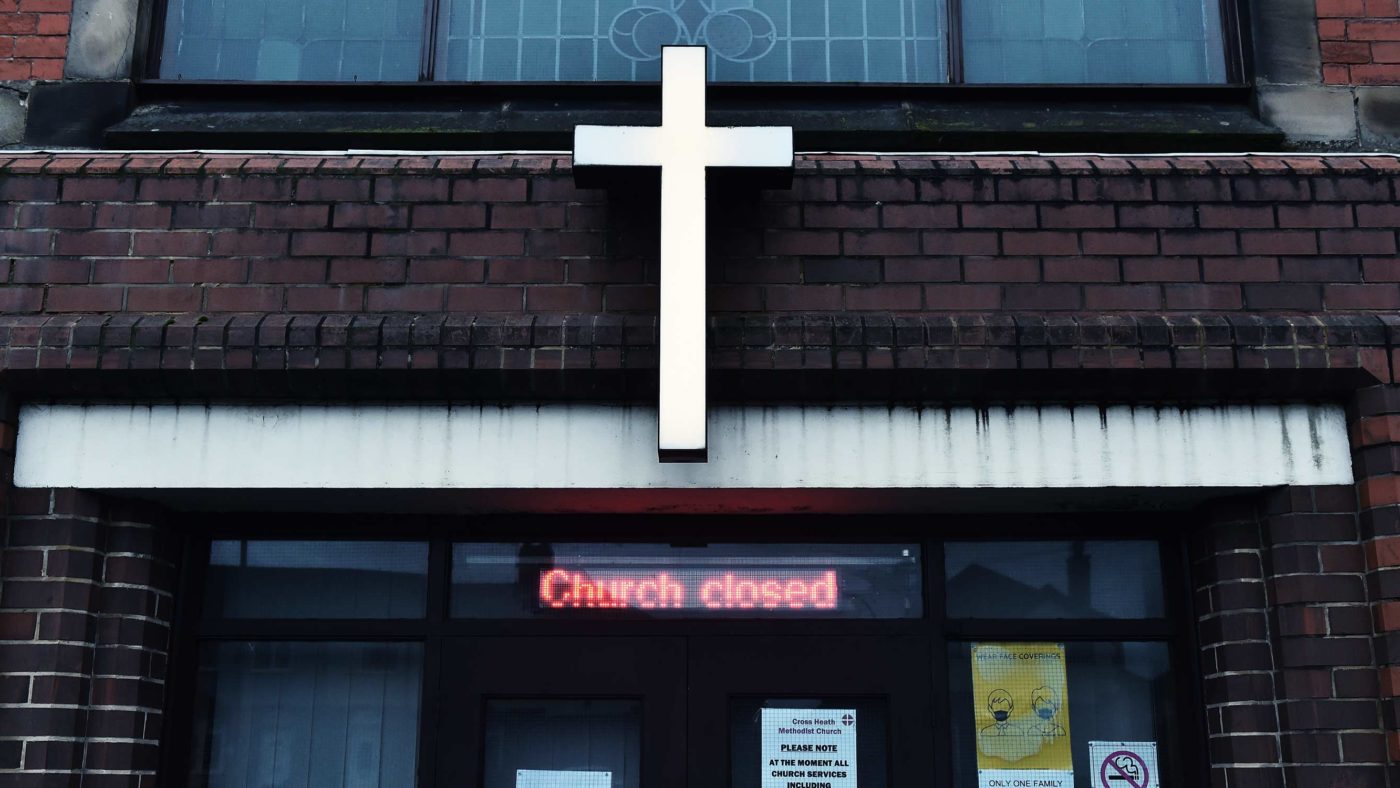Our parents think they had it bad with Watergate in 1972. Little did they know our generation would have to suffer through party-gate, birthday-cake-gate, beer-gate, curry-gate and all manner of other complex carbohydrate-fuelled political meltdowns, and all before the summer of ‘22 has even begun.
Government lockdown breaches are in the news yet again this week, with the Met issuing 50 more fines for events that took place in Whitehall and Downing St.
It’s not all Tory birthday parties and booze-ups though. Keir Starmer, who had only a few months ago rather confidently called on the PM to resign due to the investigation into whether he broken lockdown rules, is now himself under investigation for the very same act (all be it with more savory weaponry, having a curry and pint with minors in Durham).
The public outrage is understandable. Throughout the lockdown when these festivities took place, everyday citizens were forced to choose between family members to wave at from a social distance, miss school, suspend small businesses and scale back weddings and funerals to offensively minimal and masked affairs.
But while it’s easy to focus on infractions at the top, away from the corridors of power are the ordinary citizens who received hefty fines during lockdown, for whom life was no party.
Take Rosa Lalor.
The 76-year-old grandmother from Liverpool was always careful to obey the rules. She took a prayer walk each day, as permitted within the regulations. While she walked, with headphones in, she prayed in the privacy of her own thoughts. Going beyond the requirements, she wore a mask outdoors. She walked near an abortion facility in order to pray about the issue that was on her mind.
When a police officer stopped her and asked why she was out of her house, she answered, ‘I’m walking and praying’. The officer, however, said that as Rosa wasn’t praying in a house of worship she didn’t have a ‘reasonable excuse’ to be outside. He accused her of being there to ‘protest’. She was then arrested, detained her in a police car, charged and fined £200 under temporary coronavirus measures.
The fact that a grandmother was arrested for praying alone, in silence, outside and masked highlights the outrageous extent to which fundamental freedoms were suppressed, even a year into the pandemic. But more troubling still, the arrest exposes the religious illiteracy baked into our institutions, that a police officer might not understand that one might engage both their legs and their minds in prayer at the same time.
This deep-rooted ignorance about freedom of religion was rife throughout the pandemic, when governments in each of the four nations at some point issued a disproportionate blanket ban against church services – but not, for example, supermarkets, bicycle shops or off-licenses. And still today, that ignorance has led to a worrying assortment of censorial legislative bills that would restrict the right to freely express one’s faith.
The Police, Crime, Sentencing and Courts Act, for instance, is touted as a solution to disruptive mass protest. In reality, it could equally be used to restrict expressions of religious beliefs – even prayer – if such expression even risks causing a bystander to say that they feel ‘alarmed’.
The Conversion Therapy Bill is sold as the antidote to cruel and violent (and already illegal) responses to people questioning their sexuality. Again though, the legislation could potentially criminalise a pastor or parent for even talking about the Christian perspective on such, or offering a simple prayer.
Meanwhile up in Scotland, some MSPs are campaigning to ban pro-life speech, offers of help to women and prayer in zones spanning 150m around abortion facilities. Whatever your position on abortion, this kind of clampdown ought to worry anyone who values free speech.
To return to Partygate, many may think that the Downing St partiers are getting their just desserts – but Rosa certainly isn’t. She’s challenging the injustice of her fine in court, although the case has dragged on now for over a year.
Scandalous beer and birthday cake breaches might make for delicious reading. But Rosa’s story, and others like it, are the real illustrations of injustice over the past year that should take centre stage.
Click here to subscribe to our daily briefing – the best pieces from CapX and across the web.
CapX depends on the generosity of its readers. If you value what we do, please consider making a donation.


